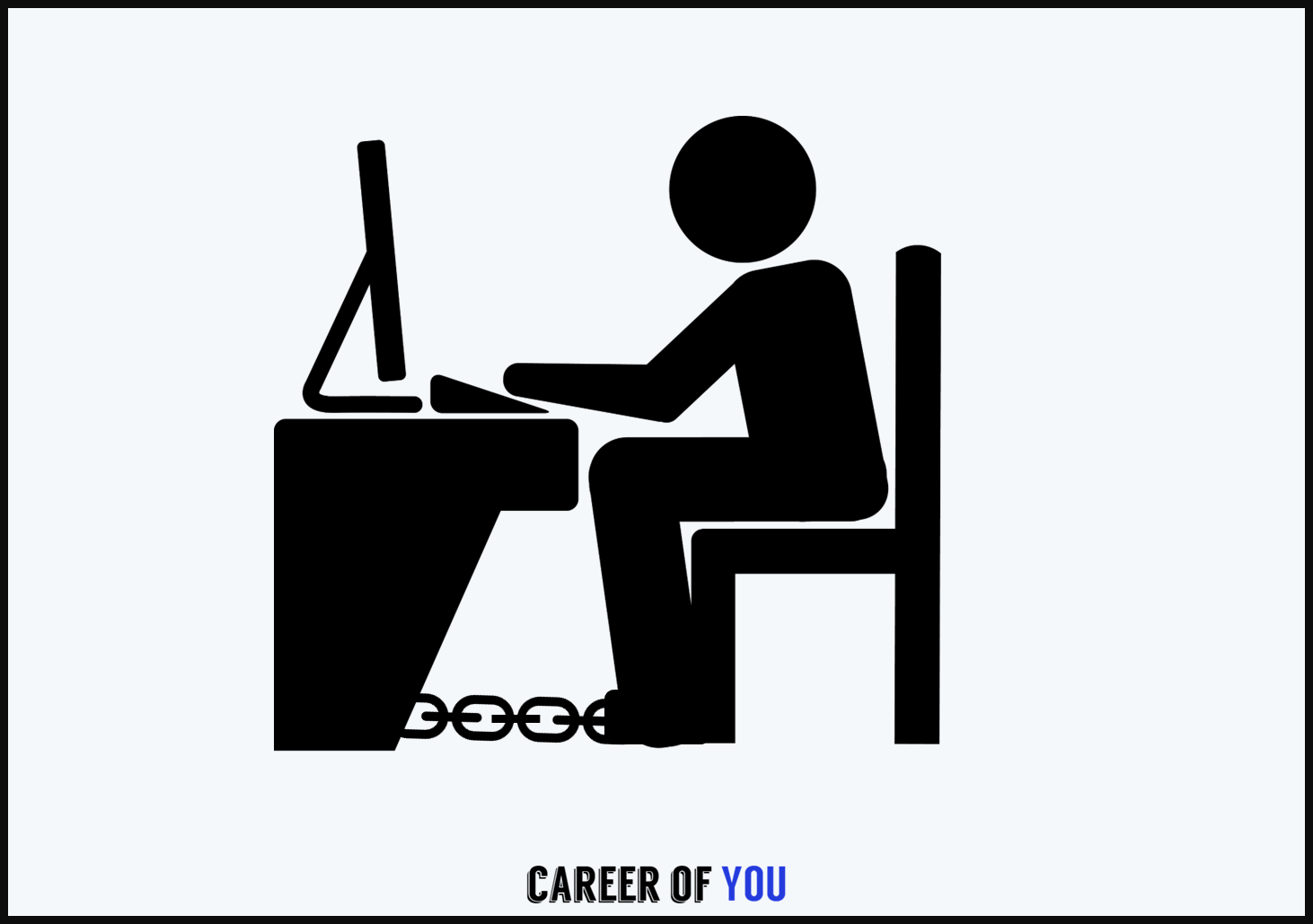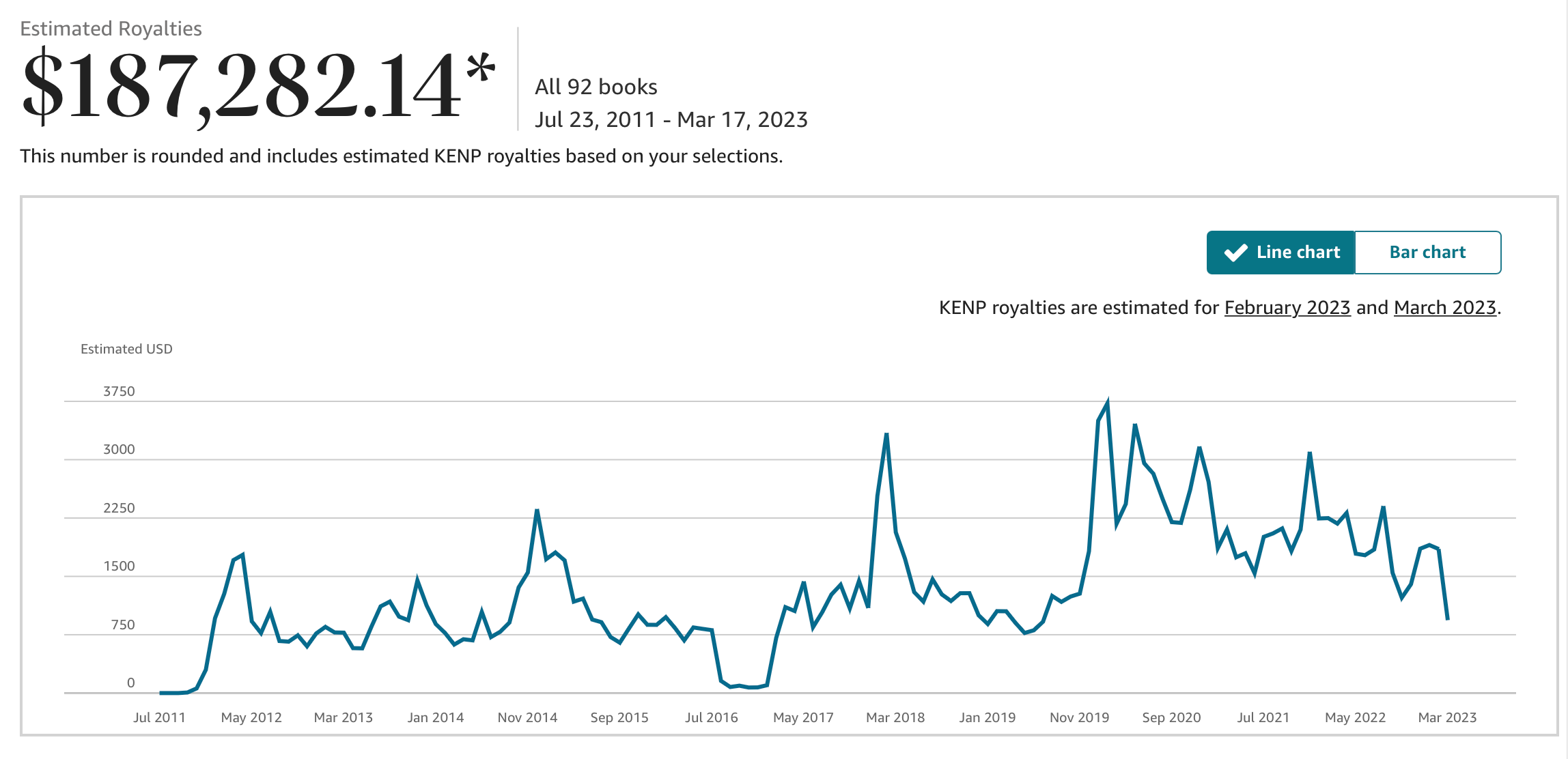A case study for transforming your team’s meeting culture
When did work become a series of back-to-back meetings, where you look back at your day and find you haven’t produced anything, created anything, learned anything? And what’s worse your inbox has grown while you’ve been in endless meetings making it even harder to focus on the work that really matters.
We are all having too many meetings.
Meetings have increased in duration and frequency over the past 50 years, to the point where executives spend an average of 23 hours a week in meetings. And it’s getting worse.
A recent Harvard Business School (HBS) analysis of 3.1 million people in 16 global cities, found that the acceleration of remote working has led to people attending 13 percent more meetings.
Think about the opportunity cost here for a second. If we assume an 8-hour workday that means the average employee has a little over 3 hours, not in meetings. And if we assume that you need to spend 90 minutes each day dealing with emails that leaves just 1 hour and 30 minutes for deep work lunch and toilet breaks.
Put another way — the average employee is spending 138 days a year in meetings.
Over a 40-year career, if the average number of meetings doesn’t grow (which we know it is) you’ll spend 15 years of your life in meetings.
Meetings are often a poor use of time
There is a growing body of evidence that shows meetings are often a poor use of people’s time. HBS recently surveyed 182 senior managers across multiple industries:
· 71% said meetings were unproductive and inefficient
· 65% said meetings keep them from completing their own work
· 64% said team meetings come at the expense of deep thinking
· 62% said meetings miss opportunities to bring their teams closer together
As a consequence, people tend to come in early, stay late, or use weekends for focused time to concentrate on high-value work.
How a French start-up eliminated meetings and took back their time
In 2017, Alan, a French start-up decided to take a radical, yet simple approach to address this problem. They canceled in-person meetings and replaced them with written conversations. Instead of scheduling meetings when someone needs insights from colleagues to solve a problem, they open an issue.
It works much like an online message board — the author opens an issue, in which they can tag anyone they think is relevant and needs to respond. The author sets out the problem, gives some context, asks specific questions, and sets a deadline to respond.

At the end of this process, the author takes a decision. Five years on and Alan have resolved thousands of issues without wasting people’s time, and employees of Alan have reported some interesting results:
The quality of thinking has improved
According to Alan employees providing written responses has led to more thoughtful, better researched responses to problem solving. By communicating in writing employees are forced to take a step back and think things through.
According to Jean-Charles Samuelian, Alan’s CEO, replacing meetings with issues has ensured: “Everyone chimes in while taking as much time as they need. No more emotional response, ego getting in the way, we gain distance, become more factual, look at the situation, and make better decisions.”
Knowledge capture has improved
Even with the best intentions, it’s hard to catch someone up on all the details that happened during a meeting they were unable to attend. And written minutes of meetings can be subjective, depending on who is taking notes.
By discussing issues through written communication, Alan employees have ensured that there is a factual repository of what was discussed, stored on a searchable database.
Organizational transparency has improved
A key component of Alan’s company culture is transparency, and this includes open issues. Key people can be directly invited to respond, but everyone has access to the open conversations and everyone can participate.
According to Alan employees, this has massively reduced organizational politics as everyone has access to the same information, and no one feels like they are being left out, or that things are being hidden from them.
More time for deep work
Schedules riddled with meetings interrupt the possibility of doing any ‘deep work’, a term coined by Georgetown professor Cal Newport to describe the ability to focus without distraction on a cognitively demanding task.
to successfully undertake mentally challenging work, we all need time to undertake ‘deep work’. Alan employees report that removing the majority of meetings from their workday has allowed them to block out several hours at a time to focus uninterrupted on key tasks.
Some meetings are good
Not all meetings are created equal, and Alan has gradually added some meetings back in to maintain a sense of belonging, focus on team building, and enable collaboration. But crucially, Alan’s approach to meetings has ensured teams only hold meetings when it makes sense to do so, not by default.
Parting thoughts
Replacing in-person meetings with written conversations has clearly been a net benefit for Alan. Alan’s employees seem to love the company’s culture. Just 12 people have left in the five years since it launched.
But it’s far easier to implement new ideas when you’re building a company culture from the ground up. Radically reshaping your organization’s meeting culture, will always be challenging when people are used to working in a certain way.
With that said, Alan’s method is tantalizingly simple to implement chose a collaborative tool, set out a process, and trial it within your team.
If the prize is everyone having several hours to half a day of uninterrupted time to work, learn, or better juggle work and home commitments; what do you have to lose?





